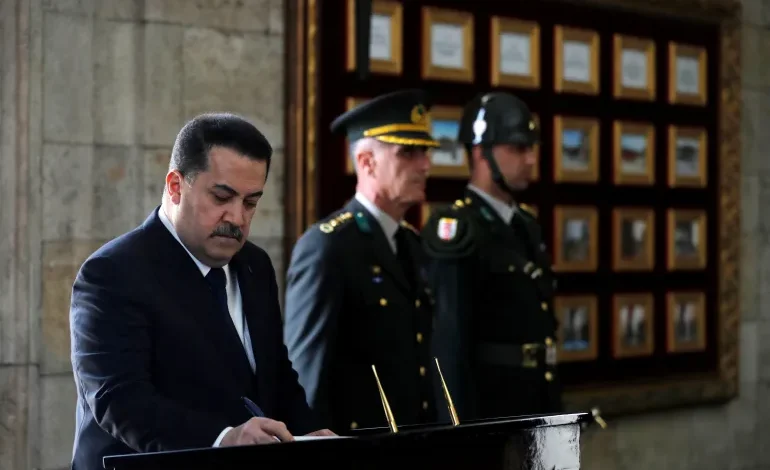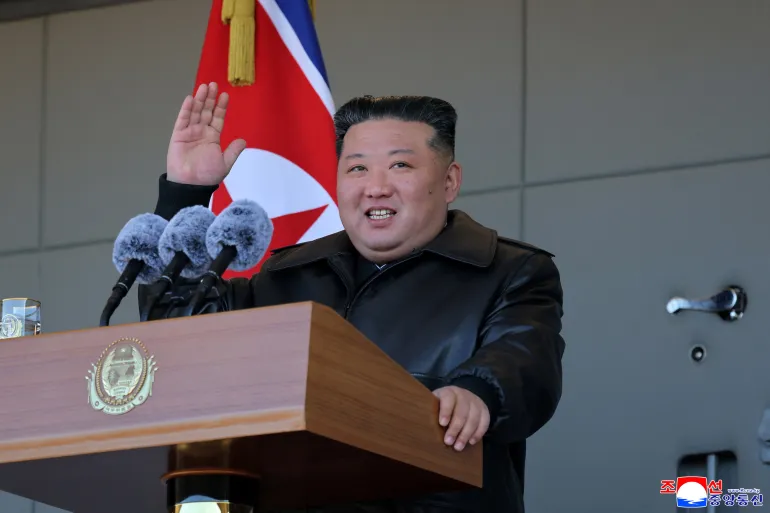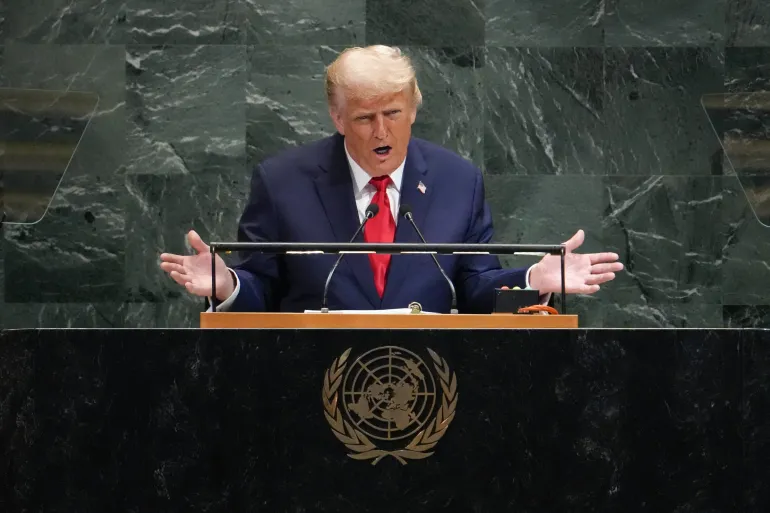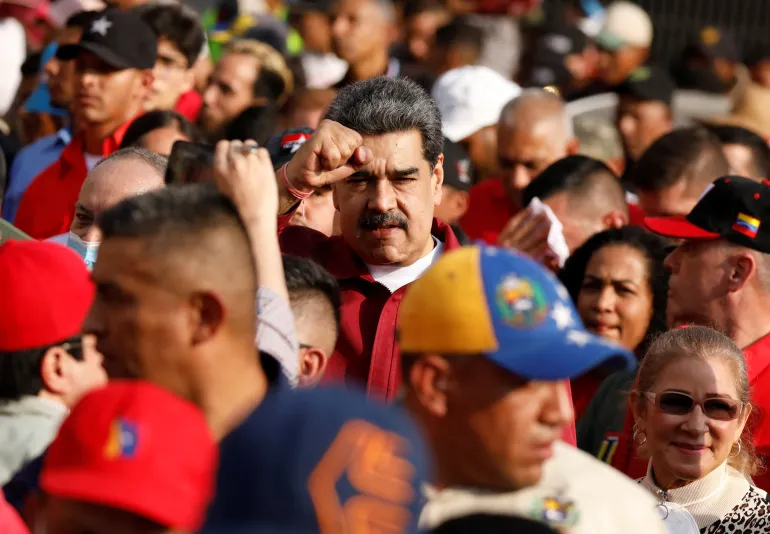Iraq Frees Over 19,000 Prisoners Under Sweeping Amnesty Law, Halts Executions

Iraq has released more than 19,000 prisoners since January under a broad amnesty law aimed at easing overcrowding in its prison system, judicial authorities announced on Tuesday, as per Al Jazeera.
Among those freed are individuals previously convicted of ties to the Islamic State of Iraq and the Levant (ISIL/ISIS), sparking both support and controversy.
The legislation, passed earlier this year, provides legal reprieve to inmates convicted of terrorism-related offenses, though it explicitly excludes individuals found guilty of killings linked to extremist activity. It also halts all executions — including for former ISIL members — as part of the government’s wider prison reform agenda.
The law allows those convicted of membership in armed groups to apply for release, retrials, or case dismissal. It further permits prisoners to challenge confessions obtained under torture or duress — a provision welcomed by human rights advocates who have long criticized Iraq’s judicial system for its lack of transparency and due process.
Massive Release and Systemic Reform
The Supreme Judicial Council, following a meeting chaired by its president Faeq Zeidan, reported that 19,381 prisoners were released between January and April 2025. In total, 93,597 individuals have benefited from the law, including those sentenced in absentia, granted bail, or whose arrest warrants were rescinded.
Justice Minister Khalid Shwani acknowledged the systemic pressure on Iraq’s penal institutions, revealing that the country’s 31 prisons currently house about 65,000 inmates—nearly double their intended capacity.
Thousands of detainees remain in the custody of Iraq’s security forces but have not yet been transferred to the Ministry of Justice due to lack of space.
Political and Sectarian Context
The amnesty law received strong backing from Sunni lawmakers, many of whom argue that Iraq’s anti-terrorism laws have disproportionately targeted Sunni communities, particularly in the years following the military defeat of ISIL.
ISIL seized nearly a third of Iraq’s territory in 2014, including major cities like Mosul, Fallujah, and Tikrit. The group was defeated militarily in 2017, but its legacy — including mass displacement, human rights atrocities, and legal crackdowns — continues to impact Iraq’s political and social fabric.
Among those released are individuals convicted of nonviolent offenses such as corruption, drug use, and theft. However, the inclusion of some ISIL-affiliated prisoners has drawn criticism, especially from families of victims and rights organizations.
Rights Groups Raise Concerns
International watchdogs have long condemned Iraq’s use of the death penalty and opaque legal processes. Last month, Amnesty International criticized the execution of at least 13 men in Nasiriya Central Prison, citing vague terrorism charges and a lack of legal transparency.









The latest news in your social feeds
Subscribe to our social media platforms to stay tuned